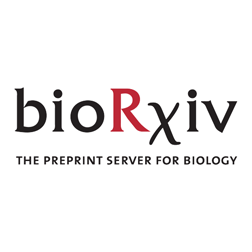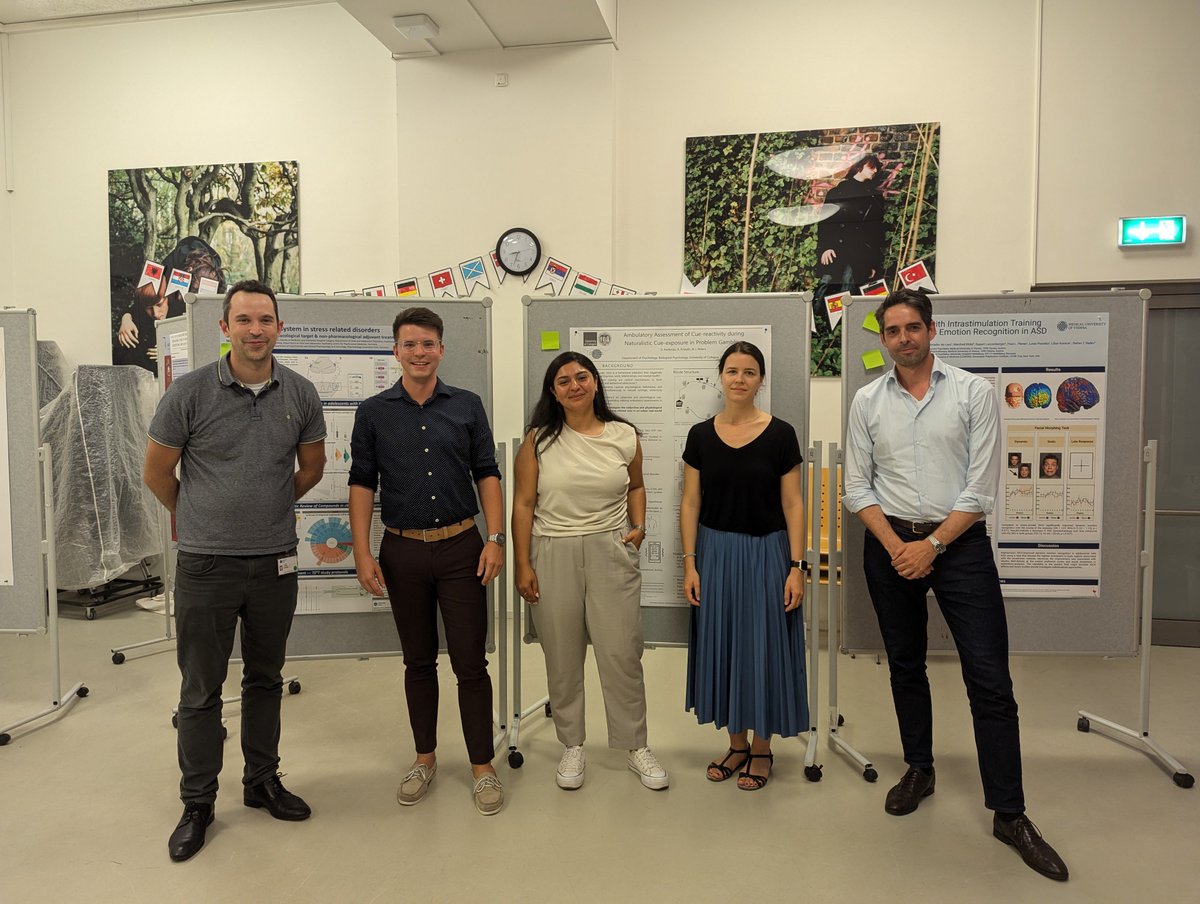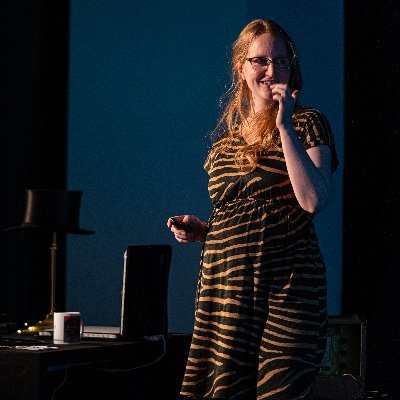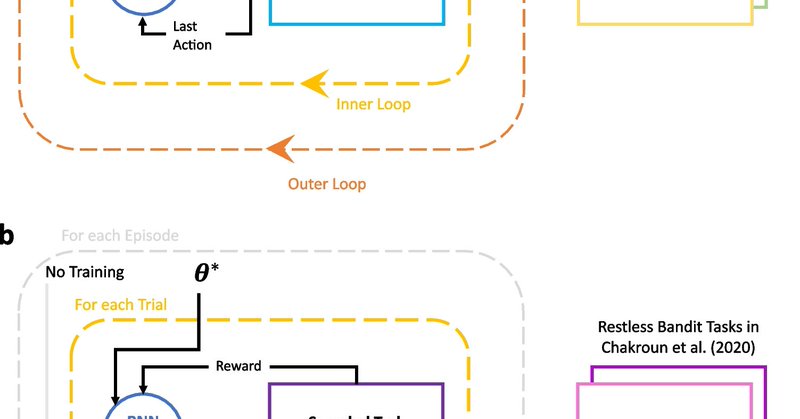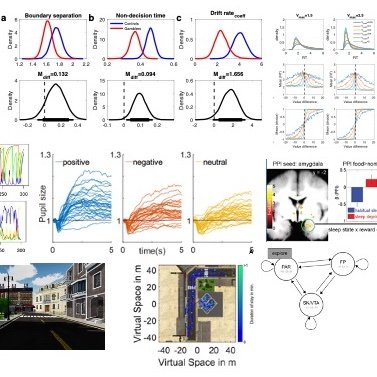
PetersLab
@peters_lab
Followers
1K
Following
2K
Media
31
Statuses
685
Biological Psychology Group @UniCologne, Decision Neuroscience, Reinforcement learning, Gambling, tweets by @NeuroPeters
Cologne, Germany
Joined August 2017
New @biorxivpreprint from the lab: Dopamine and temporal discounting - revisiting pharmacology and individual differences @bioDGPs_DGPA @dfg_public
biorxiv.org
Disorders characterised by changes in dopamine (DA) neurotransmission are often linked to changes in the temporal discounting of future rewards. Likewise, pharmacological manipulations of DA neurot...
1
3
6
RT @tinalonsdorf: Are you passionate about Open Science and Open data! Join us as a Postdoc at Bielefeld University to shape the future of….
0
15
0
Congratulations to Dilan on winning the best poster award!.
Great poster session & three fantastic poster awardees from this years (and first) Cologne Summer School for Biological Psychiatry: Dilber Korkmaz, Karin Prillinger and Marc Feger! Was great fun to guide the session with Marc Tittgemeyer and @koeniglab!
0
0
2
RT @StefanieBrassen: 📢 Open positions in my group, part of the @sfb_trr289, at @SysNeuroHamburg . Postdoc / PhD positions affective expecta….
0
17
0
👇this deep dive into habits promises to be super interesting #PuG2024.
👩💻Preparing our symposium with @s_nebe @eike_kofi @am_brands & Matthäus Rudolph. 🧠Let's go down the rabbit hole of habit research & discuss how to better understand real-life habits. ⏱️Friday, 14:30h #PuG2024 @bioDGPs_DGPA. 🐰Don't be late for this very important date!
0
1
11
#4: analyses of hidden units can help to build bridges to systems neuroscience work on RL and decision-making.
1
0
1
#3: computational modeling can help to elucidate how RNNs solve tasks from the cognitive neuroscience literature, and highlight similarities and differences to human learners.
1
0
0
#2: when networks explored, this was linked to i) low state value and ii) disrupted choice-predictive representations in the hidden units.
1
0
0
#1: no evidence for directed exploration (. in the specific type of RNN architecture and training scheme studied here). Instead, networks exhibited hyperperseveration.
1
0
0
Led by @DTuzsus with @JohnPappas10, @am_brands and @NeuroPeters, we explored how RNNs explore during restless bandit problems. Some take home messages:.
1
0
0
Our first RNN modeling paper on #exploration during RL is now out in @CompBrainBeh:
link.springer.com
Computational Brain & Behavior - A key feature of animal and human decision-making is to balance the exploration of unknown options for information gain (directed exploration) versus selecting...
1
6
31
Work led by @DTuzsus with @JohnPappas10, @am_brands and @NeuroPeters and funded by @dfg_public (TheEnd).
0
0
1

